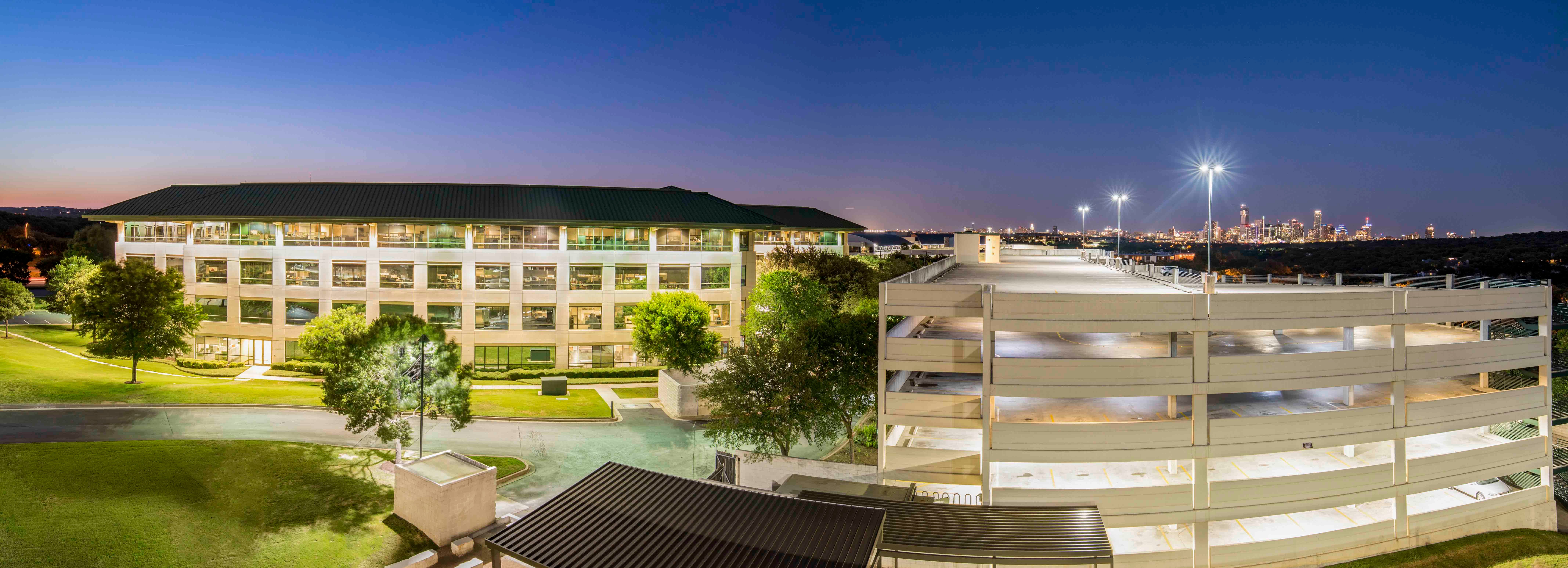AUSTIN, TX—The Renaissance Austin Hotel, a 492-room full-service hotel in north Austin, is one of the city's largest hotels, with 88 suites as well as views of the Texas Hill Country and downtown skyline. The hotel features 77,600 square feet of indoor/outdoor meeting and event facilities.
An affiliate of The Axton Group recently closed on the acquisition of the Renaissance Austin Hotel for $70 million. The hotel will continue to be managed by Marriott under the Renaissance Brand.
The purchase price of the hotel represents more than a 50% discount to replacement cost. Like all hotels across the country, Renaissance Austin Hotel's low occupancy is a result of COVID-19.
Recommended For You
Axton was under contract to acquire this property before there was any distinct timeline on vaccine distribution, GlobeSt.com learns. During the due diligence period and in the last few weeks leading up to the closing, that timeline became clearer. As there is more clarity around wide distribution of a vaccine, the path to recovery for the hotel industry and underwriting assumptions become more predictable. Once that occurs, more equity and debt capital will return to the space and prices will adjust accordingly.
"This investment is representative of the cyclical nature of hotel assets, which have been even more acutely impacted in this current environment than previous economic cycles, given the dynamics of the pandemic," says Peter Oberndorf, founder and CEO of Axton. "It is now our responsibility to reposition and enhance this property, guiding it on a path of recovery and ultimately leaving it in a better place than we entered. We look forward to making this vision a reality. We are seeking additional opportunities where we believe we can acquire assets and add value at an attractive entry basis, in robust markets with excellent long-term fundamentals and promising growth prospects."
Axton is planning renovations to the hotel's public spaces and meeting rooms that will position the property as a key venue for post-COVID meeting and events. The immediate renovations call for significant improvements to the hotel entrance, and a redesign of the lobby and the atrium. This will create more revenue-generating spaces while maintaining functionality for group events. Planned meeting and banquet space renovations will enhance the property and enable it to be more competitive with newer product as the market recovers.
The public and meeting spaces are important revenue drivers at this property but are not consistent with the experience provided by the rooms, GlobeSt.com learns. Having these spaces refreshed will help Axton compete for business coming out of the market downturn. This is when demand will contract and supply will remain static or even increase slightly, depending on the market, Axton says. With occupancies low, it is also an opportune time to conduct a renovation without paying the price of revenue displacement.
"Our purchase of the Renaissance Austin Hotel reflects the reduced capital availability in the hospitality industry," says Andrew Slusser, principal at Axton. "We see great value at our point of entry and expect the property to return to and grow its pre-COVID earnings over the coming years."
Paul Hastings represented Axton in the acquisition and Eastdil Secured was the financial advisor for the financing which was originated by an affiliate of Walton Street Capital LLC.
Austin is one of the fastest growing in the country, with growth in the technology, medical and biotech sectors. The city's expanding tenants include Apple, Google, Hewlett-Packard, Cisco, Microsoft, Dell, 3M, University of Texas and the Texas State Capital government. The city is also a leading tourist destination, regularly hosting more than 27 million visitors each year.
Axton is actively evaluating opportunistic US investments from sellers seeking liquidity. The firm has a contrarian view that select properties in strong markets with high returns on investment will allow for a return to equilibrium operating fundamentals.
"While market bottoms can never be timed perfectly, we believe the current environment is representative of a textbook opportunity to acquire hotel properties," Oberndorf tells GlobeSt.com.
"RevPAR is directly correlated with GDP. In addition, the pandemic has caused an unprecedented exogenous demand shock with an acuteness perhaps never seen before. Given the transient nature of hotels, which do not have long-term contractual revenue in contrast with other asset types such as office, the sector has been among the most affected. Availability of debt and equity is currently limited. These are the dynamics we believe make for great acquisition opportunities."
© Touchpoint Markets, All Rights Reserved. Request academic re-use from www.copyright.com. All other uses, submit a request to [email protected]. For more inforrmation visit Asset & Logo Licensing.







